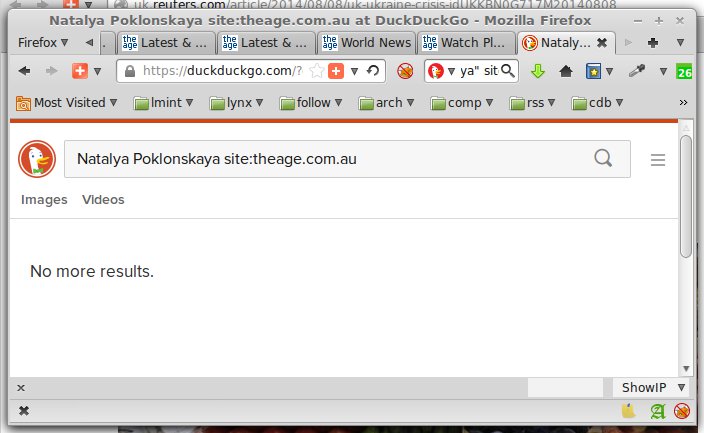See also: China's richest man earmarks $1.7 billion to spend on Australian property SMH (13/8/14), China’s richest man Wang Jianlin commits $1.7b to Australian real estate AFR (13/8/14).
China’s richest man, Wang Jianlin, came to Australia for a whirlwind visit in June, and he was feted by the most senior political figures in the country. Now, his property conglomerate Wanda, which is listed on the Hong Kong Stock Exchange, announced that it would invest $HK12.5 billion, or $A1.7 billion, in the Australian real estate sector, including building a $900 million tourist resort on the Gold Coast. Minister for Trade and Investment Andrew Robb welcomed Wanda’s decision which follows on from the explosive investment by Chinese real estate companies in residential property in Australia over the last 12 months.
Chinese buyers’ insatiable appetite for overseas property is one of the major driving forces behind the aggressive investment strategy of major developers. The demand from foreign investors for Australian bricks and mortar is set to intensify for at least three years, driving a boom in apartment construction activity. Around 10 million of the wealthiest Chinese families, or around one in seven, are interested in migrating to Australia, according to a survey conducted by the broker. Tourism & Transport Forum chief executive Trent Zimmerman said the number of Chinese visitors to Queensland grew faster than the national average in 2013, rising by 16 per cent to more than 300,000.
A free market economy, based on open borders and international property and immigration, means Australia is "open for business" and is being globalized. For developing countries migration has unprecedented benefits including the transfer of skills and the direct cash benefits of remittance flows as migrants send a proportion of their income back home. This year's remittance flows to developing countries will exceed $436 billion, rising to $516 billion in 2016, or over five times the global foreign aid budget. The removal of tariffs and government subsidies, together with free trade agreements and international wages inequalities was only ever going to end with the loss of jobs and industries. We have lived well and now have been drawn into the capitalists' ultimate dream - pay global workers a pittance and maximise your profits.
The lure of investment in Australian property is because all properties in China are lease-held, which means they have a lease term of 70 years which is obtained via a land grant between the land user and government-run land administration department. After the lease expires, there is no certainty about what will happen to the land. Most of the time, it depends on the sitting government’s policies. In big cities like Shanghai, Beijing and Canton, all of which have huge populations, prices are high and property yields are low. In China it does not matter what grade of commercial real estate you invest in; it is difficult to maintain a return through real estate. Also, the federal government is facing demands from China that it be allowed to import workers for projects funded by Chinese investors as part of the free-trade agreement.
Penny Wong wrote: "A modern, competitive, innovative and productive nation must be open to the world – and engaged with the world. Our approach is to empower more Australians so they can share in the opportunities of an increasingly globalised world". It all sounds fine in economic theory, but the politicians, in spite of the glaring social problems that unfettered globalisation has created, will defend free trade and globalisation and convince the public – that there are no alternatives.
The Trans Pacific Partnership, a secret agreement between 12 nations, will grant to corporations, rights that are above those of individuals, communities and sovereign governments. Corporations will be able to sue governments for lost revenue if they are prevented from doing business based on environmental concerns. Protectionism is a swear word in polite society.
With the release in February of an Australian Strategic Policy Institute report, even Australia has been forced to confront China’s startling economic growth and increasingly assertive territorial demands. It doesn’t name China as a possible aggressor, but paints a worrying picture of the communist country’s amazing growth and its willingness to use growing military might to achieve its aims.
Tensions in the region are already rising. Beijing made headlines in November after declaring an “air defence zone” in the East China. It triggered a Cold War-style standoff with Japan, South Korea and the United States. It is reportedly considering a similar “air defence zone” in the waters between the Philippines, Malaysia and Vietnam.


A case of Russia claiming territory
At no point in the conflict has Russia made any claim on Ukrainian territory. If you are aware of where this has occurred, Dennis, please advise.
Annexation of Crimea by the Russian Federation at http://en.wikipedia.org/wiki/Annexation_of_Crimea_by_the_Russian_Federation